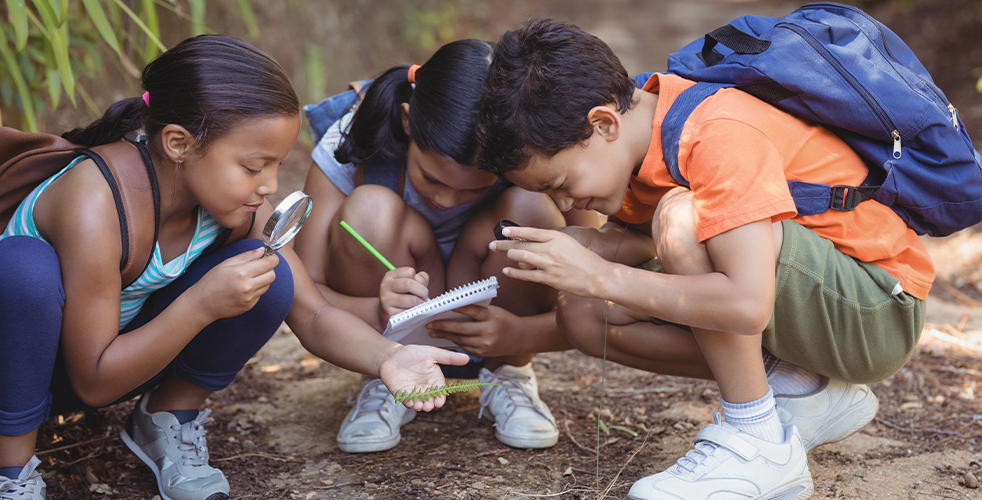
26
AprilNewsletter June 2021 - Outdoor Education
Outdoor education is organized learning that takes place in the outdoors. Outdoor education programs sometimes involve residential or journey wilderness-based experiences in which students participate in a variety of adventurous challenges and outdoor activities such as hiking, climbing, canoeing, ropes courses and group games.
Outdoor education draws upon the philosophy, theory, and practices of experientialeducation and environmental
education.
- learn how to overcome adversity;
- enhance personal and social development;
- develop a deeper relationship with nature;
- raise attainment through better teaching and learning experiences.
Outdoor education spans the three domains of self, others, and the natural world. The relative emphasis of these three domains varies from one program to another. An outdoor education program can, for example, emphasize one (or more) of these aims to:
- teach outdoor survival skills
- improve problem solving skills
- reduce recidivism
- enhance teamwork
- develop leadership skills
- understand natural environments
- promote spirituality
- provide an active, first-hand learning experience
Outdoor education is often used as a means to create a deeper sense of place for people in a community. Sense of place is manifested through the understanding and connection that one has with the area in which they reside. Sense of place is an important aspect of environmentalism as well as environmental justice because it makes the importance of sustaining a particular ecosystem that much more personal to an individual.

